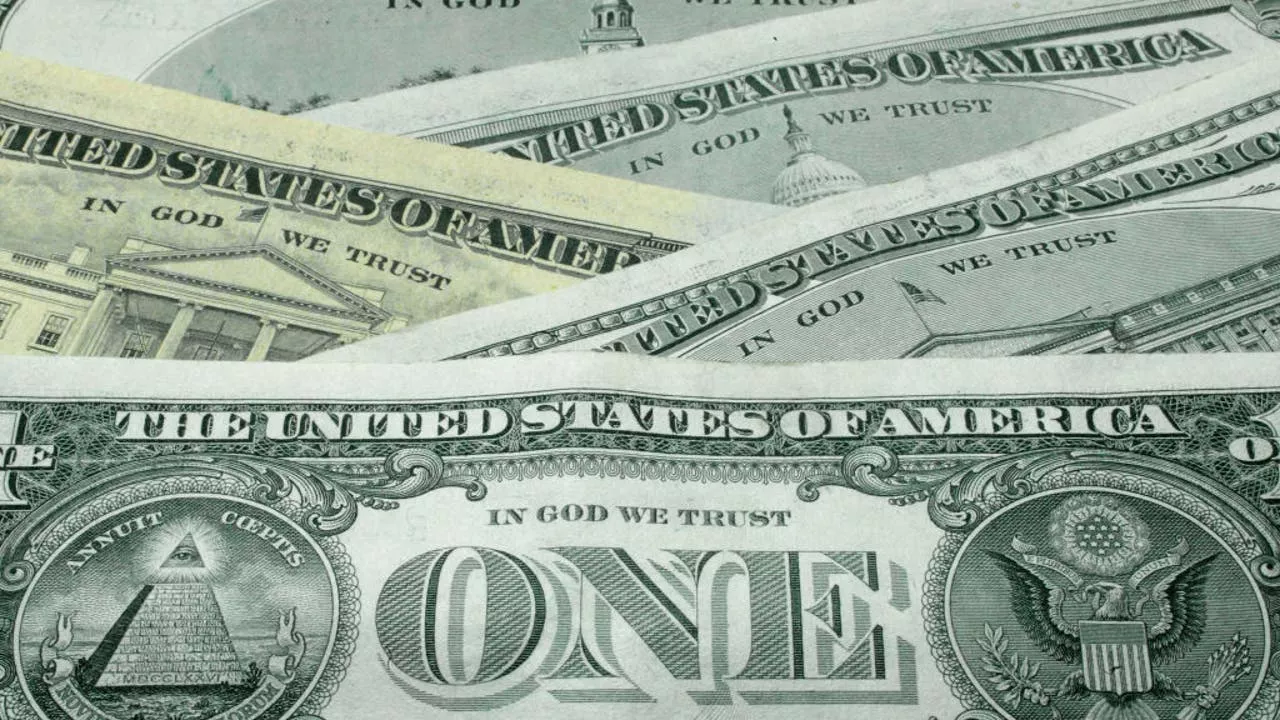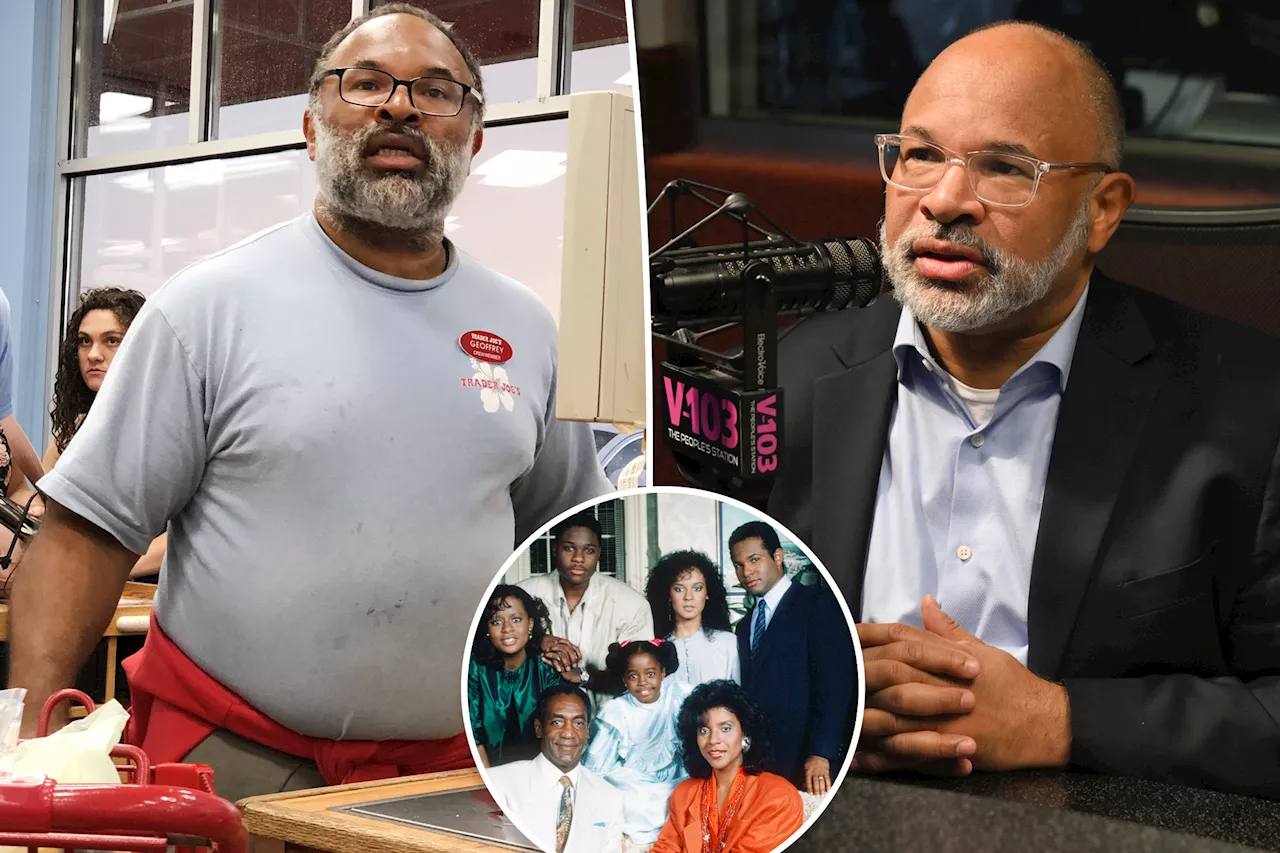A new survey reveals that a significant majority of young adults are financially stressed due to rising living costs and lack of emergency savings. Experts emphasize the importance of establishing a financial safety net to navigate unexpected expenses and provide peace of mind.
A recent Intuit survey revealed that approximately 61% of adults aged 18 to 35 are experiencing financial stress . This stress stems from various factors, including the rising cost of living, job insecurity, and escalating housing expenses. A significant 32% of those who identify as financially stressed cited the inability to handle unexpected emergencies like medical bills, car repairs, or home maintenance as a major source of anxiety.
Many young adults lack a concrete financial plan for navigating these unforeseen circumstances. Intuit's research indicates that 32% of respondents admit to not having a clear strategy for managing financial setbacks. This lack of preparedness translates into challenges in handling unexpected expenses for nearly half (45%) of the surveyed individuals, and 29% struggle with saving money.These findings align with a Bankrate report that shows older generations are more financially secure and equipped to handle unexpected expenses. Bankrate's survey found that 59% of baby boomers (ages 61 to 79) can comfortably cover a $1,000 emergency expense from their savings. Gen Xers (ages 45 to 60) follow closely behind at 42%. However, millennials (ages 29 to 44) and Gen Z adults (ages 18 to 28) are less prepared, with only 32% and 28% respectively having readily available cash reserves for such situations. Mark Hamrick, a senior economic analyst at Bankrate, attributes this disparity to the age factor, as younger generations are typically earlier in their financial journeys.'The youngest generations are those who are earliest in their financial journey,' said Mark Hamrick, a senior economic analyst at Bankrate. He stresses that while emergencies can arise from various unforeseen events, such as losing your keys to unexpectedly losing your job, having a financial safety net is crucial. Experts emphasize the importance of establishing an emergency fund and utilizing lines of credit strategically. 'For emergencies, it's really having that cash reserve in place. That is the financial plan,' said certified financial planner Clifford Cornell, an associate financial advisor at Bone Fide Wealth in New York City. He acknowledges that lines of credit might not be a solution for all situations but having a cash reserve is a fundamental step.Cornell advises that starting an emergency fund, regardless of the amount, is key. Saving $10, $50, or $150 a month consistently builds the habit of saving. For those who haven't given saving for unexpected costs much thought, here's a starting point: prioritize a highly liquid account where you can easily access your savings without penalties. High-yield savings accounts are recommended to maximize returns. While interest rates have recently decreased from their peak, the best high-yield savings accounts currently offer an average annual percentage yield (APY) of 4.31%. For every $1,000 deposited, you can earn approximately $40 in interest annually at these rates. Though $40 might seem small initially, it significantly surpasses the earnings from a traditional savings account. Determining how much cash you can save depends on your income and expenses. The 50/30/20 budgeting rule allocates 50% of your income to essential expenses like housing, food, and utilities, 30% towards discretionary spending, and the remaining 20% towards savings and investments. However, adhering to this rule can be challenging, especially for young professionals starting their careers. Saving 20% of their income might seem overwhelming. It's acceptable to start with less and gradually increase your savings over time. Consider allocating a portion of annual raises or tax refunds towards your emergency fund. Imagine having enough cash reserves to sustain you during a prolonged period of unemployment: 'It's kind of like a pillow or a safety blanket,' said Cornell. If your income is variable, such as relying on commissions or bonuses, or experiencing monthly fluctuations, you'll need a more substantial savings cushion to cover potential shortfalls. Even a modest savings buffer of a few hundred dollars can be helpful in handling minor emergencies or reducing the need for borrowing
Financial Stress Young Adults Emergency Savings Budgeting High-Yield Savings Accounts Unexpected Expenses Financial Planning
United States Latest News, United States Headlines
Similar News:You can also read news stories similar to this one that we have collected from other news sources.
 Financial Stress Grips Young Adults, Lack of Emergency Savings a Major ConcernA new Intuit survey reveals that 61% of adults aged 18-35 are financially stressed, citing high living costs, job insecurity, and rising housing expenses as key contributors. The report also highlights a concerning lack of preparedness for financial emergencies, with 32% of respondents admitting they lack a clear plan to manage unexpected setbacks. This trend is particularly pronounced among younger generations, with millennials and Gen Z lagging behind older generations in their ability to cover unexpected expenses from savings.
Financial Stress Grips Young Adults, Lack of Emergency Savings a Major ConcernA new Intuit survey reveals that 61% of adults aged 18-35 are financially stressed, citing high living costs, job insecurity, and rising housing expenses as key contributors. The report also highlights a concerning lack of preparedness for financial emergencies, with 32% of respondents admitting they lack a clear plan to manage unexpected setbacks. This trend is particularly pronounced among younger generations, with millennials and Gen Z lagging behind older generations in their ability to cover unexpected expenses from savings.
Read more »
 Financial Stress Grips Younger GenerationsA new survey reveals that over 60% of young adults (18-35) are facing significant financial stress due to rising living costs, job insecurity, and a lack of financial planning. Experts emphasize the importance of building an emergency fund to mitigate these challenges and promote financial well-being.
Financial Stress Grips Younger GenerationsA new survey reveals that over 60% of young adults (18-35) are facing significant financial stress due to rising living costs, job insecurity, and a lack of financial planning. Experts emphasize the importance of building an emergency fund to mitigate these challenges and promote financial well-being.
Read more »
 More Young Americans Seek Debt Counseling as Financial Stress GrowsMillennials are the largest generational group seeking credit counseling as housing costs, monthly expenses, and average debt loads increase. Financial educators warn of rising financial distress among young adults, who often carry lower earnings and savings.
More Young Americans Seek Debt Counseling as Financial Stress GrowsMillennials are the largest generational group seeking credit counseling as housing costs, monthly expenses, and average debt loads increase. Financial educators warn of rising financial distress among young adults, who often carry lower earnings and savings.
Read more »
 Financial Insecurity Grips Americans: Emergency Savings PlummetA new Bankrate survey reveals that only 41% of Americans could cover a $1,000 emergency, highlighting the growing financial strain many face. The survey also found that 27% of U.S. adults have no emergency savings at all, and 43% would rely on credit cards or loans to cover an unexpected expense. Rising prices, high interest rates, and job uncertainty are contributing to this trend.
Financial Insecurity Grips Americans: Emergency Savings PlummetA new Bankrate survey reveals that only 41% of Americans could cover a $1,000 emergency, highlighting the growing financial strain many face. The survey also found that 27% of U.S. adults have no emergency savings at all, and 43% would rely on credit cards or loans to cover an unexpected expense. Rising prices, high interest rates, and job uncertainty are contributing to this trend.
Read more »
 Chronic Stress Doesn’t Need To Be the New Normal — A Stress Reset Can HelpLearn more about a stress reset and the physical and mental health benefits it can offer.
Chronic Stress Doesn’t Need To Be the New Normal — A Stress Reset Can HelpLearn more about a stress reset and the physical and mental health benefits it can offer.
Read more »
 Geoffrey Owens Still Feels Financial Stress Years After Trader Joe's Viral MomentGeoffrey Owens, known for his role in 'The Cosby Show', revealed he's still facing financial struggles six years after going viral for working at Trader Joe's. Owens stated that people often have a misconception about the average income of middle-class actors and the difficulty of making a living in the industry. While he has continued acting since 'The Cosby Show', he felt the scrutiny and potential invasion of privacy from the viral incident made it uncomfortable to continue working at Trader Joe's.
Geoffrey Owens Still Feels Financial Stress Years After Trader Joe's Viral MomentGeoffrey Owens, known for his role in 'The Cosby Show', revealed he's still facing financial struggles six years after going viral for working at Trader Joe's. Owens stated that people often have a misconception about the average income of middle-class actors and the difficulty of making a living in the industry. While he has continued acting since 'The Cosby Show', he felt the scrutiny and potential invasion of privacy from the viral incident made it uncomfortable to continue working at Trader Joe's.
Read more »
